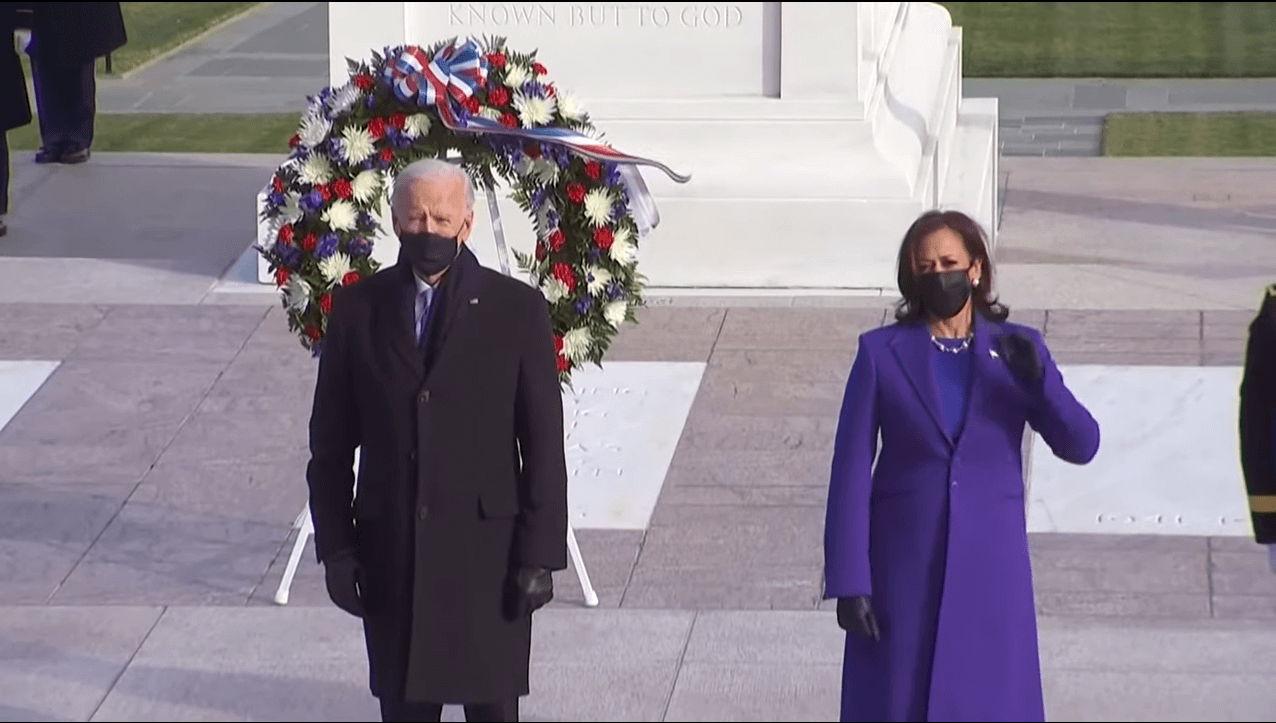Update: Restorative Justice
June 02, 2022 | By Hopeton O’Connor-Dennie | A very successful and we’ll organized workshop on Restorative Justice was held earlier this year at the Terra Nova all Suites Hotel in Kingston, Jamaica. Among the presentations delivered were from DPP Paula Llewellyn, former Justice Minister & now Opposition Leader Hon Mark Golding and State Minister in the Ministry of Justice Hon. Xavier Maine, who is also an attorney at law.
Speaker after speaker heaped praises on the value of Restorative Justice to the court system. A report presented showed that an average of over 70 percent satisfaction rate was reported by victim and their respective communities having participated in the use of restorative justice to settle minor incidents which could lead to revenge and reprisals and at times deaths.
August Town Primary is the latest school benefitting from the 2 day Restorative Practices Training .@mojofficialjm @MOEYJamaica @JamaicaConstab @nei_jamaica @NPSCJa @ECCJA @cpfsajm @OPMJamaica pic.twitter.com/rKxuMw4Xba
— Delroy Chuck (@Delroychuckjm) June 2, 2022
Vision Statement
The vision statement reads as follows:
“The National Restorative Justice Policy is a pathway for transformation to a more secure, just, cohesive, and peaceful Jamaican society”
In February of this year, Minister of Justice Hon. Delroy Chucks’ Ministry hosted a workshop for practitioners, and members of the Restorative architecture. The workshop took the form of speakers giving their perspectives and approval of the value of Restorative Justice to assisting with clearing the backlog of cases which have been clogging up the courts. Many of these cases can and have been settled outside our adversarial system that focuses on criminalizing alleged breaches of the law.
Under this not so new system of justice, the parties to a dispute or conflict can seek through mediation and dispute resolution to settle their disagreement outside a criminally designed setting the focus of which is on community resolution and healing. In this setting both victim and accused set down and argue/reason things out. In 90 percent of these minor incidences/offences can be settled to the satisfaction of all parties concerned.
Rwanda
In Rwanda there is a bitter and deadly conflict that led to widespread massacre between the Hutsies and Trustees. Machetes and other deadly weapons were used to Nasim or kill each other. It was Restorative Justice that was ultimately used to return this war torn society to some semblance of normalcy.
South Africa
After the digitating and bitterly divisions caused by racial segregation over many years it was Restorative Justice in the form of a Peace and Reconciliation Commission, (a form of Restorative Justice) that was deployed in the aftermath of such an atrocious, degrading and despicable, demeaning, distasteful and disgraceful system of racial inequality that was legally practiced in South Africa. Restorative Justice saved the day and today there is cohesion and racial harmony there in South Africa since 1994 or there about. They have successfully had transformation to a more caring society.
Hopeton O’Connor-Dennie is a poet, elegist, author, and senior international journalist who writes for Vision newspaper.
Photo from JIS




